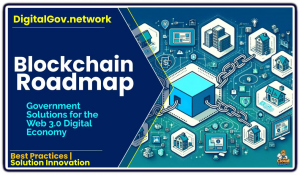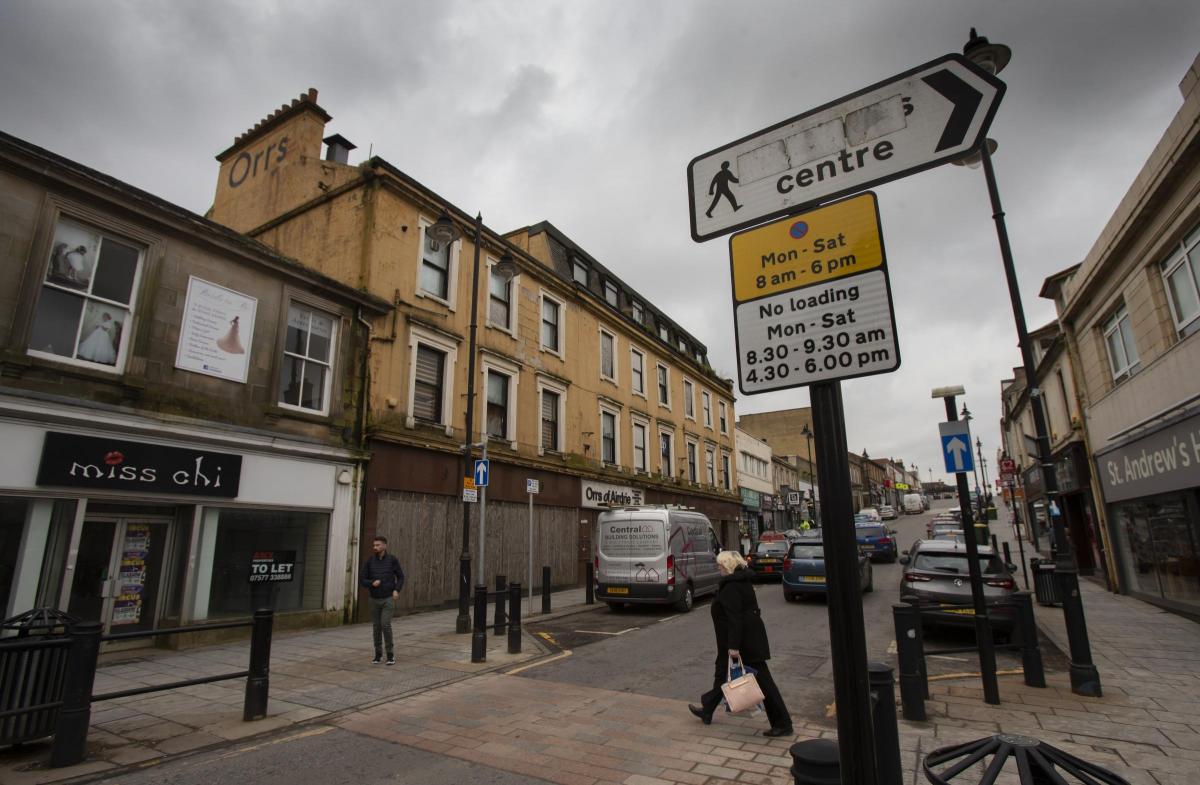Public Sector Blockchain Use Cases for National and Local Governments
From secured mortgage documents to full Digital Democracy, the Blockchain will play a keystone role in digitizing a nation.
 Blockchain technology has the potential to transform government operations by enhancing transparency, security, and efficiency.
Blockchain technology has the potential to transform government operations by enhancing transparency, security, and efficiency.
From secured mortgage documents to full Digital Democracy, the Blockchain will play a keystone role in digitizing a nation.
Blockchain can provide a secure and tamper-proof system for managing government and industry data. By using a decentralized ledger and immutable records, governments can revolutionize land registry systems reducing disputes and streamline property transactions, reduce identity theft, improve tax compliance and reduce tax evasion.
In the featured video the Government Blockchain Association explores how state and local governments are embracing blockchain to improve efficiency and transparency, and here are some example areas where governments can leverage blockchain solutions:
- Identity Management: Blockchain can provide a secure and tamper-proof system for managing citizen identities. By storing identity information on a decentralized ledger, governments can reduce identity theft and streamline identity verification processes.
- Voting Systems: Blockchain can be used to create transparent and secure voting systems. By recording votes on a blockchain, governments can ensure the integrity of elections and prevent tampering or fraud.
- Supply Chain Management: Blockchain technology can improve the transparency and traceability of supply chains. Governments can use blockchain to track the flow of goods and ensure compliance with regulations, particularly in industries like healthcare and food safety.
- Land Registry: Blockchain can revolutionize land registry systems by providing a secure and immutable record of property ownership. This can help prevent land disputes, reduce fraud, and streamline property transactions.
- Taxation and Revenue Management: Blockchain can enhance tax collection processes by providing a transparent and auditable system for tracking financial transactions. Governments can use blockchain to improve tax compliance and reduce tax evasion.
- Smart Contracts for Government Services: Smart contracts on blockchain can automate and enforce agreements between governments and citizens. This can streamline the delivery of government services, such as social welfare payments, permits, and licenses.
- Healthcare Records Management: Blockchain can secure and streamline the management of healthcare records. By storing patient data on a blockchain, governments can ensure data privacy, interoperability, and accuracy in healthcare services.
- Budgeting and Expenditure Tracking: Blockchain can improve transparency in government budgeting and expenditure tracking. By recording financial transactions on a blockchain, governments can enhance accountability and reduce corruption in public spending.
- Public Procurement Processes: Blockchain can optimize public procurement processes by ensuring transparency and fairness in vendor selection and contract management. Governments can use blockchain to streamline procurement workflows and prevent fraud.
- Disaster Response and Aid Distribution: Blockchain can facilitate efficient and transparent disaster response and aid distribution. By using blockchain for tracking and verifying aid transactions, governments can ensure that resources reach those in need quickly and securely.
The Blockchain Roadmap will identify a number of powerful use cases for the application of Blockchain in Government, and document the business case and technical details.




